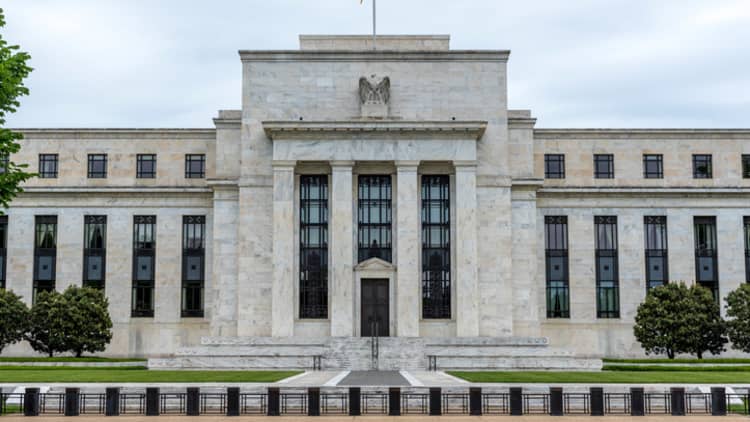
President Donald Trump's corporate tax cut will have a lasting positive impact on economic growth and the stock market, the chief investment officer of Haverford Trust told CNBC on Tuesday.
"When you've had tax reform like this, it is not a sugar high. It has a multiyear effect," Haverford's Hank Smith said in a "Squawk Box" interview.
Smith said the 2001 tax cut under President George W. Bush was a "sugar high" by focusing mainly on relief to families. The 2003 plan, which largely benefited businesses, "had a multiyear impact, and that is where we are today," he added.
Critics of Trump's corporate tax cut, which was passed last year with an overhaul of the individual tax code, argue these measures won't be anything more than a quick shot in the arm. They also believe that any boost to what some consider an already overheating economy may backfire with the Federal Reserve raising interest rates more aggressively to contain inflation, and thus slowing grow and creating headwinds for the stock market.
U.S. futures indicated a rebound at the Wall Street open on Tuesday after the Dow Jones Industrial Average posted its biggest one-session loss since Aug. 10, dropping 181 points on Monday. However, the Dow posted record highs on Friday, and notched a solid weekly gain.
Against that backdrop, Smith said investors, whatever their asset allocation strategy, should have their "maximum exposure to equities and be confident in that."
"Whether you're a balanced investor and you're 60-40 [percent], you should be at 60 percent equities. Or if you're 100 percent equities, that's exactly where you should be," he said.
"I don't think we're in the late stages of this economic cycle or market cycle," he added. "We may very well be in the middle innings."
The current bull market rally, which started March 9, 2009, became the longest since World War II last month. Since Trump, took office the nation's gross domestic product has grown an average of 2.7 percent per quarter.
Fed policymakers consider the economic data and their impact as they begin their two-day September meeting on Tuesday, with an interest rate decision and policy statement set to be issued Wednesday afternoon. Economists expect the year's third rate hike, with a chance of a fourth at the December meeting. The first two rate increases of 2018 were after the Fed's March and June meetings.


